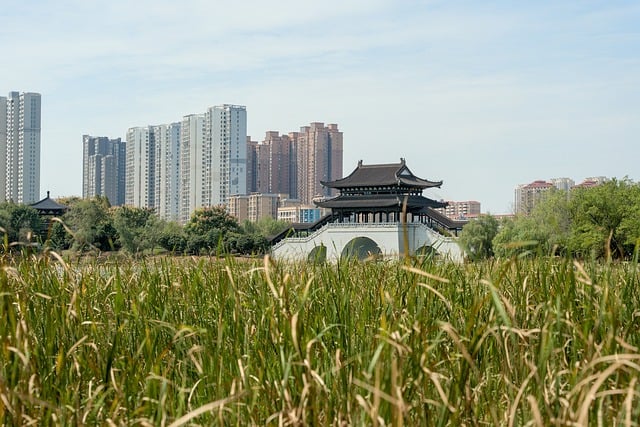In today’s fast-paced world, the notion of sustainability often feels like a distant promise. However, in the community gardening movement, sustainability becomes a tangible reality, weaving together the threads of environment, gardening, and our shared connection to nature. Imagine a vibrant community space, brimming with green life, where everyone contributes, learns, and grows together. This is the essence of nurturing connections through sustainable practices in community gardening.
Gardening is more than just a hobby; it’s a chance to transform the environment around us. By cultivating a communal garden, neighborhoods can reclaim vacant lots, turning them into thriving ecosystems that benefit both people and wildlife. These green spaces not only beautify our surroundings but also create habitats for pollinators and enrich the local soil, promoting biodiversity. In embracing sustainability, we are actively participating in the restoration of our environment, savoring the fruits of our labor while leaving a greener legacy for future generations.
Furthermore, community gardening fosters a sense of belonging and collaboration. Engaging with neighbors in the shared effort of planting seeds and nurturing them to maturity instills a profound connection among individuals. Each person’s efforts contribute to a collective goal, reinforcing the power of teamwork in sustainable practices. This communal approach teaches us the importance of eco-friendly methods, such as composting, crop rotation, and organic pest control, ensuring that our gardening habits are harmonious with the earth.
The benefits extend beyond the physical act of gardening. Connecting with nature through these green spaces helps to reduce stress and enhance our mental well-being. Studies show that spending time outdoors can improve mood and promote relaxation. As we dig our hands into the soil and witness the growth of plants, we also nurture our inner selves, grounding us in the present moment and reminding us of the beauty of simplicity.
As community gardens flourish, they become focal points for environmental education. Workshops and gatherings can be organized to share knowledge about sustainability practices, leading to a ripple effect of awareness. Community members can learn about the importance of sustainable agricultural methods, the concept of permaculture, or how to conserve water. By disseminating this knowledge, we build a community that values eco-conscious living and encourages practices that minimize our ecological footprint.
In essence, nurturing connections through community gardening is a celebration of both the environment and our human ties. As we cultivate plants together, we cultivate relationships that foster support, understanding, and collaboration. By embracing sustainability, we are not just growing food; we are cultivating a greener lifestyle, nurturing our planet, and creating a thriving, interconnected community.




